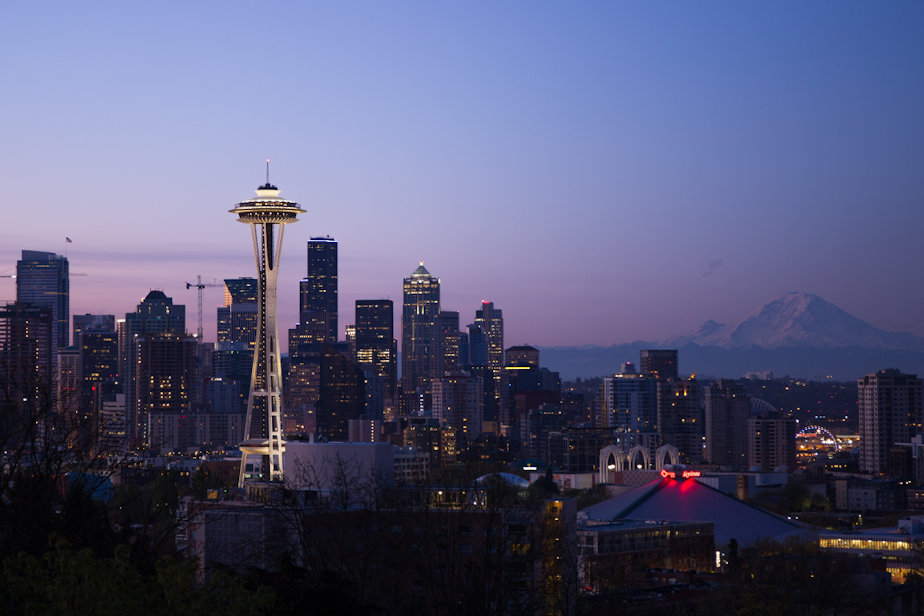Feds can deny grants to sanctuary cities like Seattle, court rules

Sanctuary states like Washington must cooperate with immigration officials or risk grant money for law enforcement programs.
The 2nd U.S. Circuit Court of Appeals in Manhattan confirmed that decision siding with the federal government Wednesday.
The decision conflicts with three other federal appeals courts.
But the 2nd Circuit said the law is clear that the U.S. attorney general can impose conditions on states and cities receiving federal grant money.
In recent years, Washington state has received several million dollars in these police grants. It’s paid for things like body cameras, police dogs or crime prevention programs.
Back in 2017, the Justice Department announced it would impose new conditions for cities and states that receive this money. It would require them to give federal immigration authorities access to jails and provide advance notice when an undocumented immigrant is about to be released.
The U.S. Justice Department says the move was intended to improve public safety.
Sponsored
A spokesperson for Immigration and Customs Enforcement in the Northwest responded to the ruling and said in a statement, "These dangerous policies (sanctuary policies) leave ICE with no choice but to increase enforcement in neighborhoods and workplaces to locate and arrest these persons while they are at-large—increasing the likelihood that other individuals previously not targeted for arrest will be taken into ICE custody."
According to the Washington State Department of Commerce, $3.3 million worth of funding was allocated to the state in the last fiscal year. But that money still hasn't been released yet.
In a statement, Washington Attorney General Bob Ferguson called this his first defeat against the Trump Administration.
“We’ve been litigating against the Trump Administration for more than three years now, and I’ve never expected to win them all. After 24 consecutive successful outcomes, this appears to be our first defeat — hopefully a temporary one. This decision is an outlier, contrary to three other courts of appeals."
Ferguson added his office is reviewing legal options, including appealing to the entire Second Circuit.




